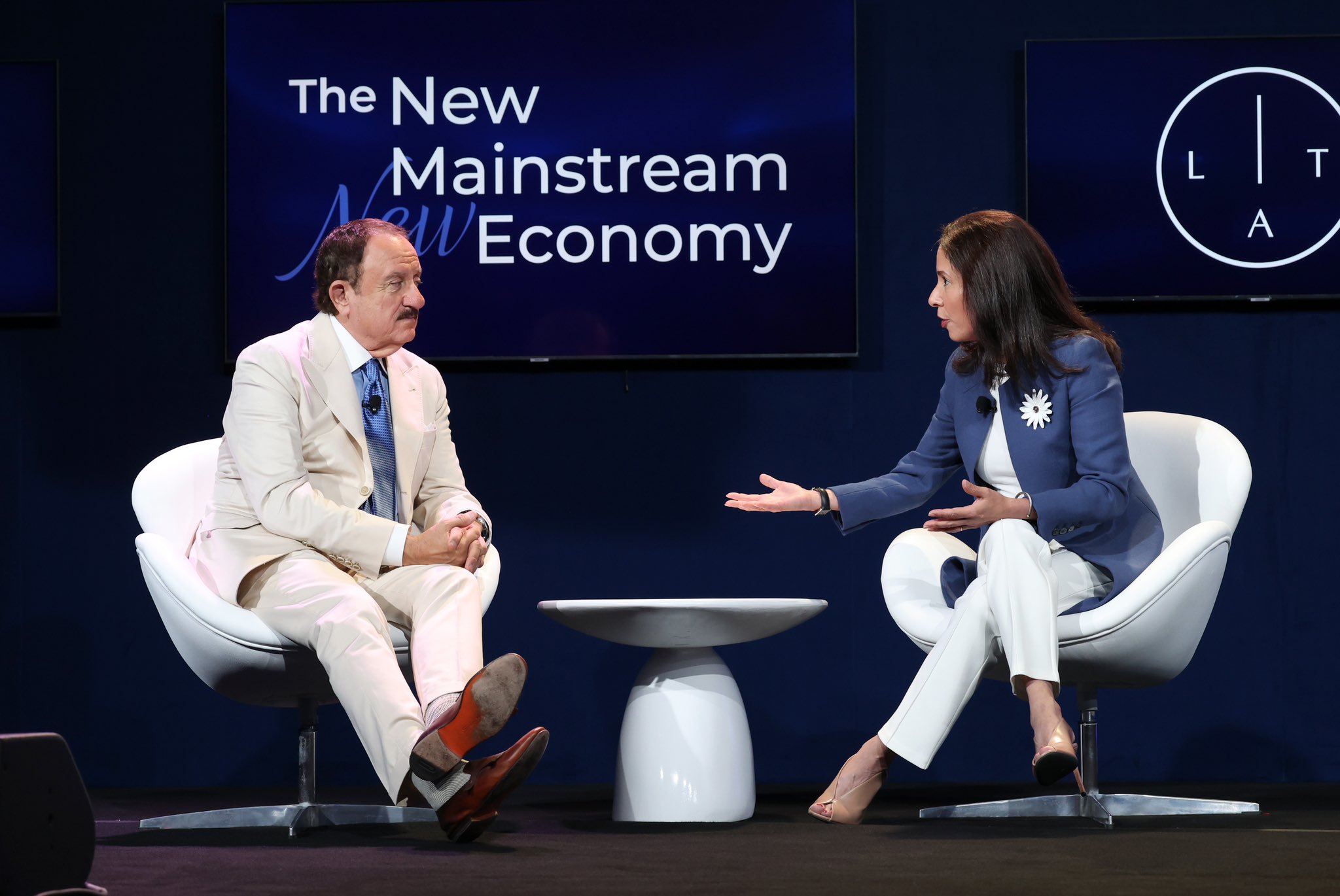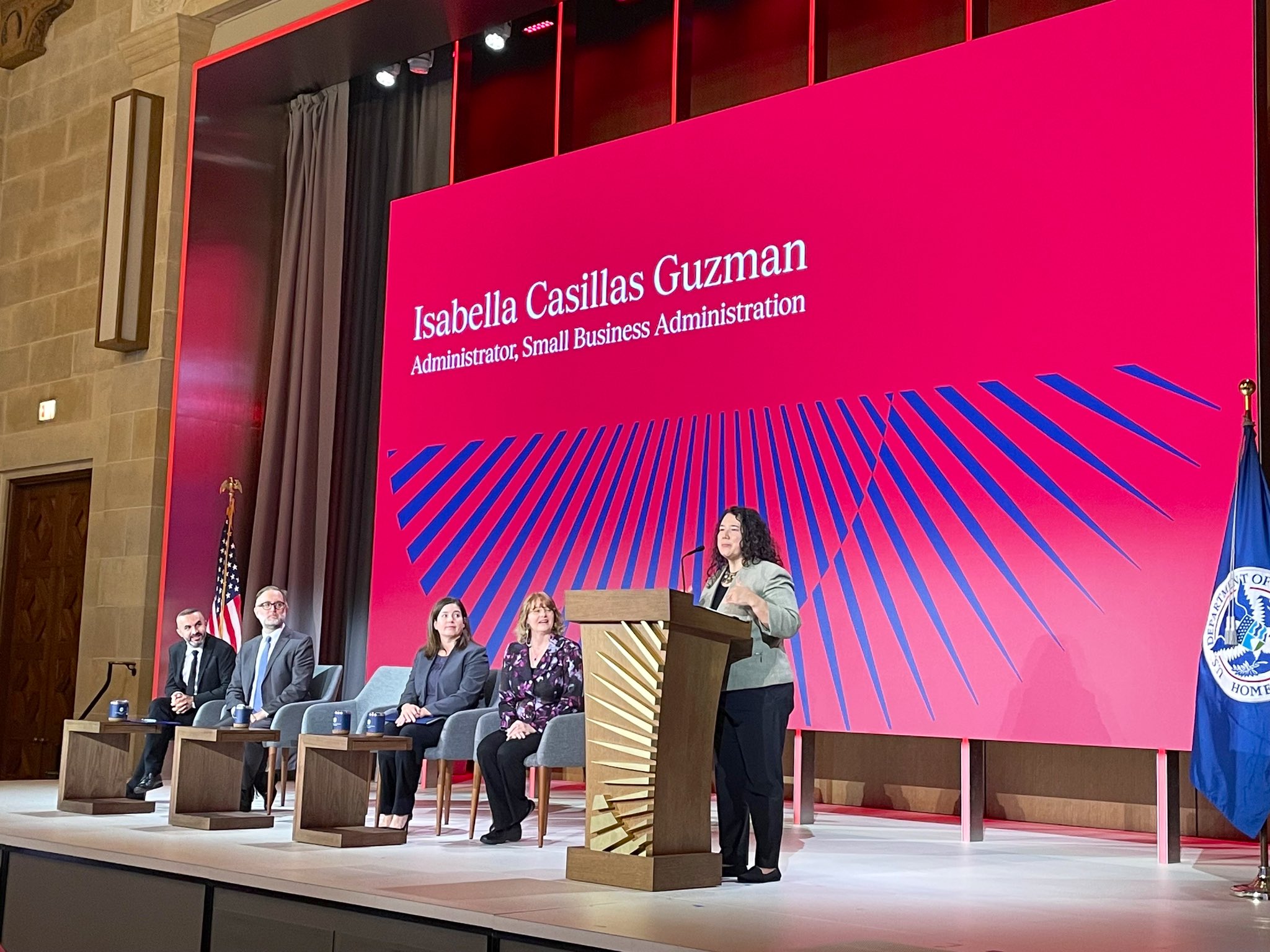
The reality surrounding 'Gamergate': One in four young women stalked online
In the midst of Gamergate, Pew Research published a survey that quantifies and details countless reports of harassment, physical threats, stalking and abuse…
The controversy tied to "Gamergate" began with a revenge post by gaming programmer Eron Gonji.
Gonji accused his ex, Zoe Quinn, of having a relationship with Kotaku gaming site writer, Nathan Grayson. While Kotaku denied that their writer was involved, the controversy launched "Gamergate," a movement born to expose the corrupt relationship between the journalists and the industry they cover. Media attention, however, focused on how Quinn become an online target for death and rape threats, as did female critics of the industry. Some even left their homes for fear of being attacked.
"Gamergaters," as they are known, have distanced themselves from the stalking and argued that the focus on the harassment by a small faction of trolls (who are not necessarily gamers themselves) further paints gamers as misogynist males, when the reality is that the movement's supporters are gamers of color, women and LGBTQ gamers that demand better coverage of the industry. In fact, many "Gamergate" supporters have experienced harassment themselves.
Despite the movement’s intentions, one of "Gamergate's" accomplishments has been the further exposure an issue that may be more common than previously thought — extreme online harassment. A recent Pew Research survey found that physical threats and abuse online are not uncommon, particularly for young women and particularly when it comes to online gaming.
One in four women (26 percent) between the ages of 18 to 24 have reported being stalked online, compared to 7 percent of men. One in four women (25 percent) of the same age range have reported sexual harassment online, compared to 13 percent of men and 6 percent of all internet users. Even more online users — 40 percent of all men and women — experienced some kind of harassment, whether they were called offensive names, embarrassed or threatened.
When it comes to online gaming, 44 percent of internet users said that the environment was more welcoming to men. No other online environment — whether dating, social networks, comment sections or discussions — was characterized as so disproportionately unwelcoming towards women.
The Pew survey found that the majority of women who had been harassed online said the experience upsetting, with more than one in three reporting that they had been very or extremely upset by it. In open-end responses, several internet users detailed how they were threatened graphically with rape, harassed with inappropriate photos and stalked to the point of having to change usernames and passwords. Some knew the harassers while others said that the abuse came for something as simple as stating an opinion.
While "Gamergate" supporters, men and women alike, strive for civil discourse about corruption in the industry, harassment remains a barrier to fully engaging all voices online.










LEAVE A COMMENT:
Join the discussion! Leave a comment.